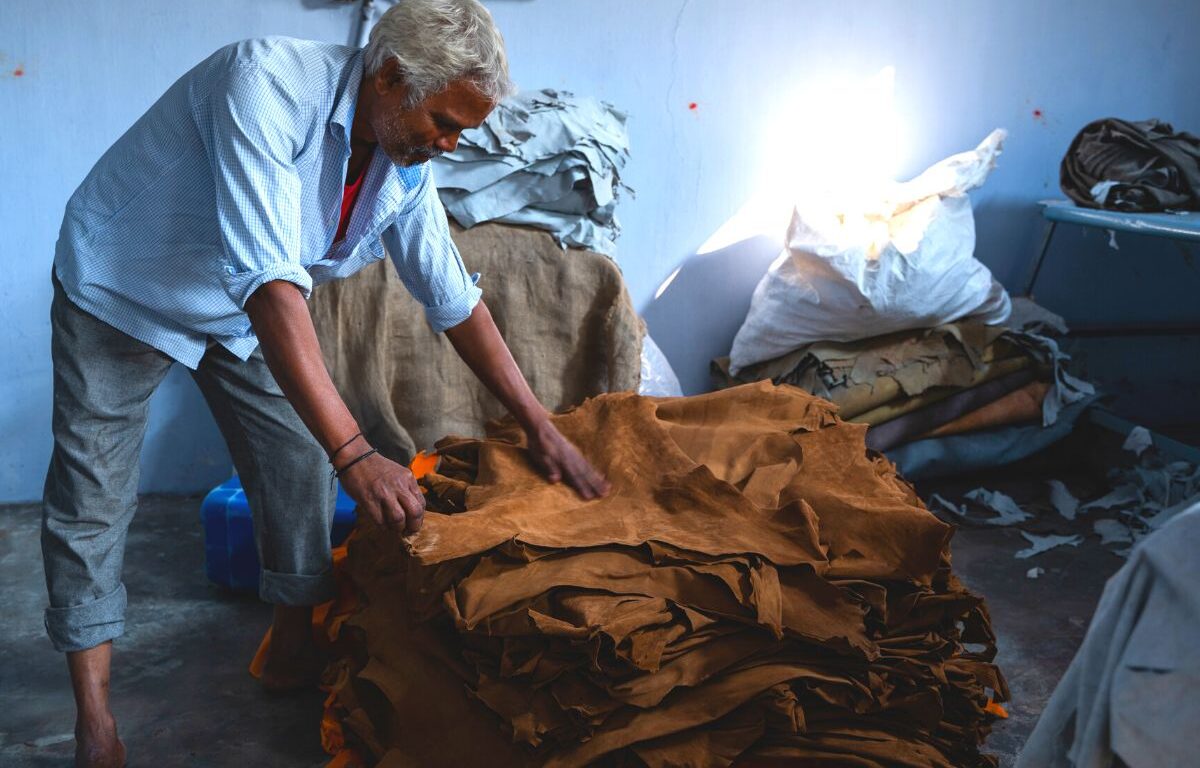This latest research report on the leather sector focuses on employment and working conditions in the Ambur leather cluster in Tamil Nadu, India, one of India’s largest leather and leather goods production clusters. The respondents ranged from employees of registered factories and tanneries that cater to the export market, to those of smaller unregistered tanneries, all in Ambur. The study aimed to understand wage levels, overtime pay, gender pay gap, working hours, production targets, and access to social security entitlements, among other things.
Important findings:
- Lack of contract or employment letters makes social security benefits difficult to access
- A third of workers surveyed get wages less than the minimum wage stipulated by Tamil Nadu government
- All surveyed workers receive wages less than living wage levels
- Gender pay gap in shoe factories with male workers drawing higher salaries than female workers
- Increasing production targets enforced through penalties such as overtime
- Inadequate worker representation in statutory committees for work, safety, and harassment
- Discouragement of the expression of freedom of association by the factory management
- Positive improvements: availability of drinking water, washrooms & canteens at factories
The authors recommend that stakeholders conduct effective due diligence measures for better transparency across their supply chains, and ensure living wages, written employment contracts, effective grievance mechanisms, and an environment that supports freedom of association for all workers.

